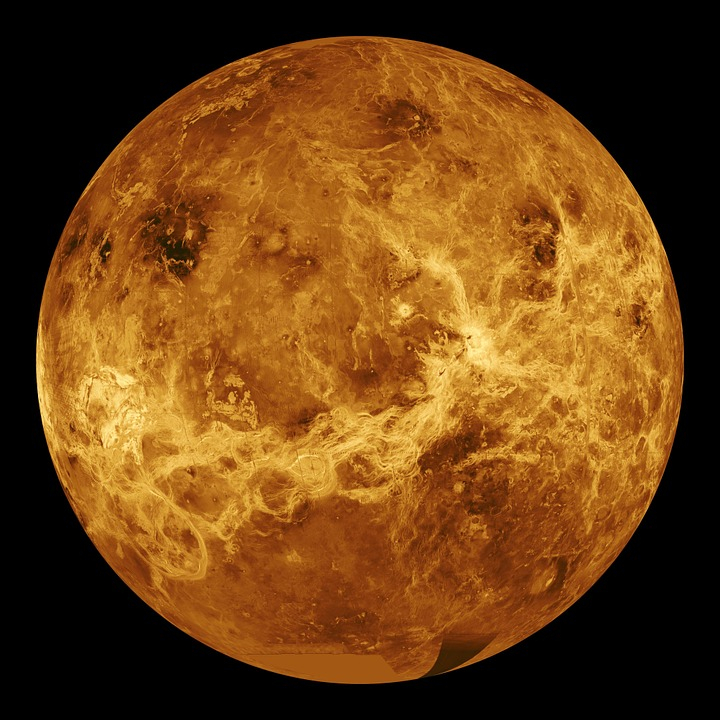It was on September 14 that a study report published in Nature Journal revealed the presence of phosphine gas on the clouds in Venus. The discovery of phosphine literally surprised space experts, and they suggested that it could be hinting at the existence of alien life on the Venusian atmosphere. And now, a team of researchers who dig through NASA's archival data has suggested that the Pioneer probe that reached Venus in 1978 might have actually detected traces of life on Venus, but the finding went unnoticed for 42 years.
Did Pioneer Probe Detect Traces of Alien Life?
The Pioneer probe, in 1978, had explored the Venusian atmosphere using the Large Probe Neutral Mass Spectrometer (LNMS). The new research team analyzed the LNMS data from Venus' lower and middle clouds and found evidence of phosphorus atoms in the Venusian atmosphere. Researchers believe that this phosphorus might have come from a heavier gas that could be phosphine.

"When the [Nature Astronomy paper] came out, I immediately thought of the legacy mass spectra. So, for us, it was a natural next step to give the data another look. As such, after consulting with my co-authors, we identified the original scientific articles, and promptly started looking for phosphorous compounds," Rakesh Mogul, a biochemist at Cal Poly Pomona in California told Live Science.
During the study, Mogul and his colleagues also found evidence of other gases that might have formed due to organic activities on the Venusian clouds. These chemicals that should not have formed naturally in Venus include chlorine, oxygen, and hydrogen peroxide. Researchers suggested that the presence of these compounds could be indicating unknown chemistries, or chemistries potentially favorable for life.
The Necessity for Future Venus Probes
The new study report clearly suggests the necessity to conduct more probes on Venus to unravel the mysteries surrounding alien life that might be harboring in the hostile atmosphere. Space agencies like NASA, ISRO, ESA, and Roscosmos are planning to carry out missions aimed at understanding the chemistry of Venus.
In the meantime, Peter Beck, the CEO of Rocket Lab has also announced his plans to launch a probe to Venus, as early as 2023. According to reports, this mission will be trying to detect traces of microbial alien life on the atmosphere of Venus.









